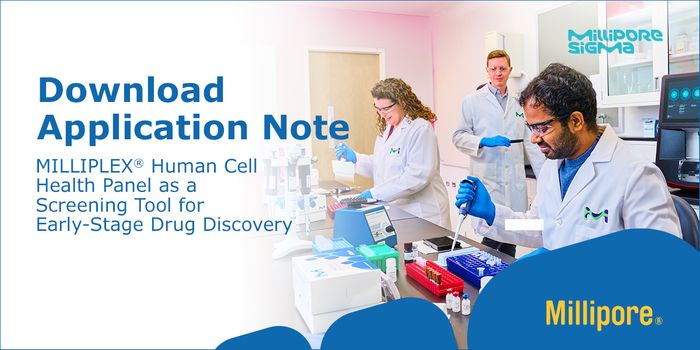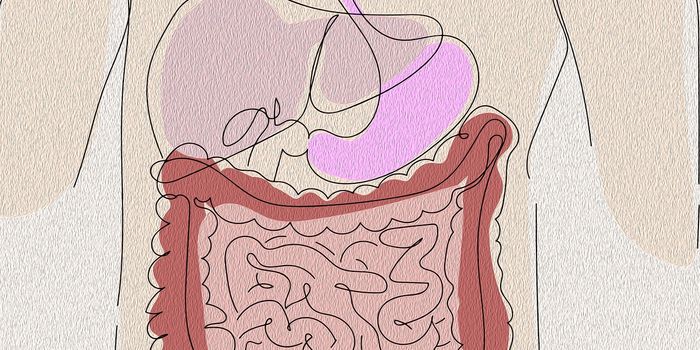Engineered Antibody Improves Treatment for Autoimmune Disorders
Autoimmune disorders occur when the body’s immune system cannot differentiate between cells that are its own and pathogens. Consequently, the body’s immune system attacks itself causing inflammation and leading to deleterious health effects. In America, roughly 8% of the population has an autoimmune disorder. While autoimmunity can occur at any age, it is more common in children and young adults with a higher risk in women. Autoimmune disorders, such as rheumatoid arthritis, multiple sclerosis, lupus, and thyroid disease are becoming more common. Interestingly, autoimmune disorder prevalence has increased over the last few years. This rise could be due to improved diagnostic techniques, increased awareness, or environmental factors that drive autoimmunity.
Treatments for autoimmune disorders include immunosuppressants, corticosteroids, and others that mitigate symptoms. There is currently no cure for autoimmunity; however, many healthcare providers recommend physical therapy combined with lifestyle modifications to maximize quality of life and slow disease progression. A therapy known as intravenous immunoglobulin (IVIG) has emerged and is used for specific autoimmune disorders, including rheumatoid arthritis. IVIG treatment provides patients with a concentrated solution of antibodies from the blood of a healthy donor through an intravenous (IV) infusion. As a result, IVIG suppresses the overreactive immune response by reducing inflammation and protecting tissues from damage. Unfortunately, IVIG treatment has limited efficacy accompanied with multiple, long hour infusions that are expensive and in short supply. Scientists have been working on alternatives to improve autoimmune disorder treatment.
A recent article in Science, by Dr. Jeffery Ravetch and others, report a potent engineered antibody therapy that could improve treatment outcomes for patients with autoimmune disorders. Ravetch is a physician scientist and the Theresa and Eugene M. Lang Professor in the Department of Immunology, Virology, and Microbiology at Rockefeller University. His work primarily focuses on antibody structure and development. Recently, Ravetch’s research has explored antibody response to disease and infection.
Ravetch and his group have been able to engineer a potent antibody for patients with an autoimmune disorder, without the need to synthesize it in human plasma. His team found that by enhancing binding sites of an antibody, researchers could get a stronger response at a lower treatment dose. Not only could this inherently improve current treatment, but also reduce adverse effects and toxicities in patients. Ravetch and others previously found modifiable components of the most common serum antibody, immunoglobulin G (IgG). In this current study, Ravetch and his team were able to improve IVIG by modifying IgG binding sites.
To test their engineered antibody, they infused the engineered antibodies in mice with arthritis. They compared this group to mice treated with standard IVIG. Both groups of mice experienced reduced swelling, but the engineered antibody treated group needed a much lower dose to see affects compared to conventional IVIG.
Ravetch and others have made a groundbreaking discovery. The potent antibody they engineered can be easily made in a lab and reduce costs of treatment. There is also no limit on supply for patients that need routine infusions. Researchers were also able to optimize the dose and explore treatment to a wide range of autoimmune disorders. The next step for the group is to apply this engineered antibody to the clinic. Altogether, Ravetch and his team hope to improve standard-of-care for patients with autoimmune disorders and enhance quality of life.








